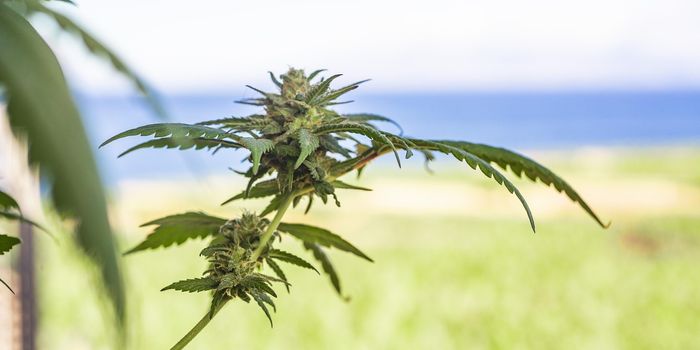What drives carbon storage in forests?
Research published in Nature Communications from scientists at the University of Geneva (UNIGE) reveals which forests are the most effective at storing carbon. According to the findings, tree abundance may have a more positive impact on carbon dioxide capture than tree diversity, at least for forests in cold or dry places. Meanwhile, tropical rainforests show the opposite trend, with diversity positively impacting carbon storage more so than abundance.
The study looked at inventory data from natural forests on five continents in order to determine the carbon sequestration abilities of a wide range of forests. The team wanted to debunk once and for all two opposing hypotheses:
1) that species diversity produces denser stacking and niche compartmentalization within a forest, creating tree abundance which in turn increases the forest's carbon storage capacity or
2) that the availability of energy substrate, not diversity, creates tree abundance that increases carbon storage. This goes hand and hand with the understanding that areas with more energy content ultimately grow more trees per unit area and thus increase carbon recapture.
That being said, the team’s analyses show that in fact, the answer to understanding these hypotheses is dependent on the climatic conditions where a specific forest is located. "Having more species may not always be what is needed to achieve greater carbon storage in forests," states Dr. Jaime Madrigal-Gonzalez, scientific collaborator at the Institute for Environmental Sciences of the Sciences Faculty of UNIGE.

Yet, understanding this relationship between diversity and abundance could have significant practical implications for land policies and forest conservation management that combat CO2 emissions.
"Increasing climatic stress in the most productive forests of the planet could diminish or even collapse the role of diversity against climate change" concludes Professor Markus Stoffel, who teaches at the Institute for Environmental Sciences of the UNIGE.
Sources: Nature Communications, Science Daily








